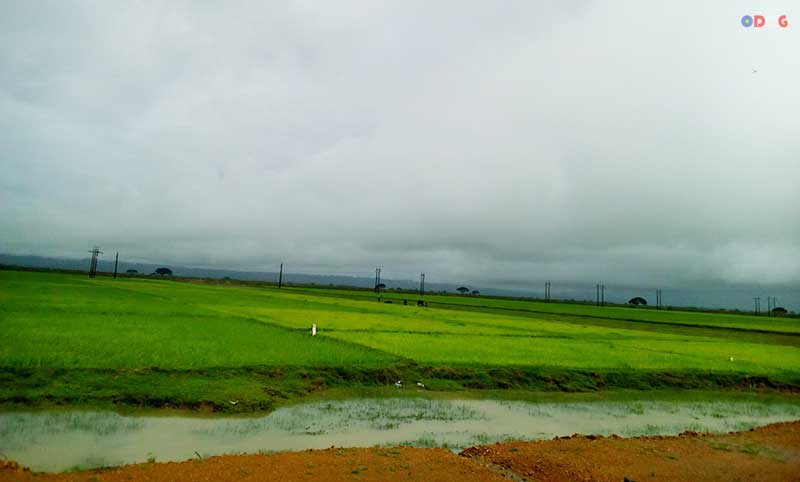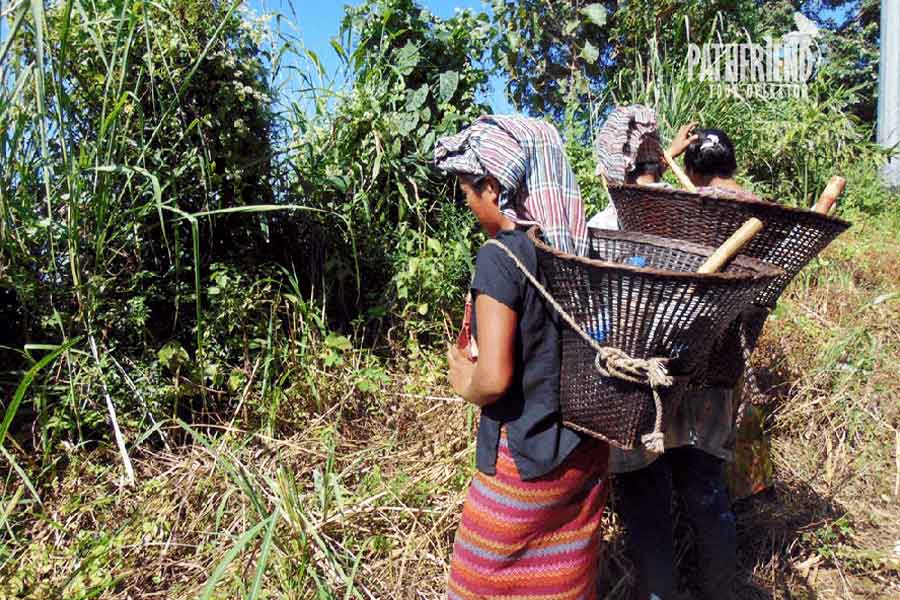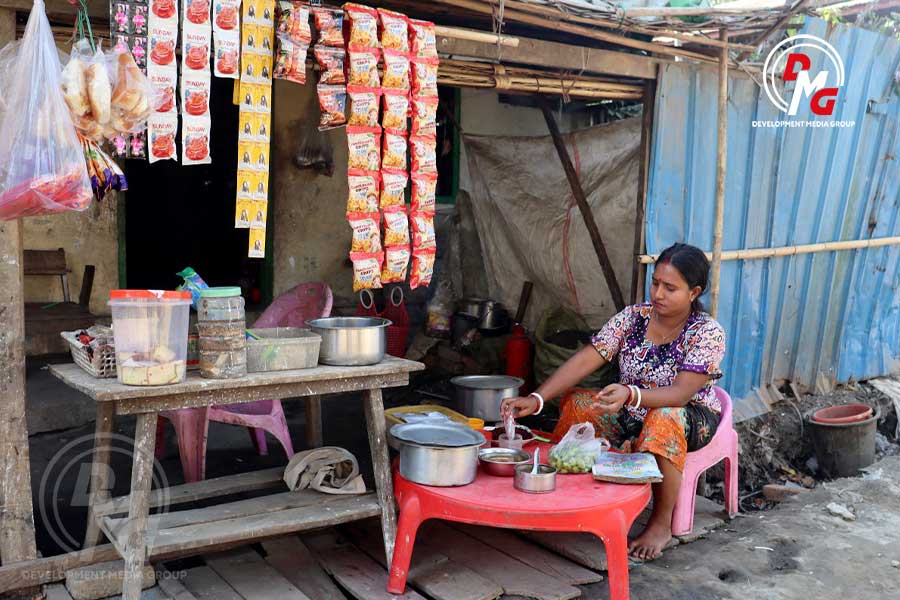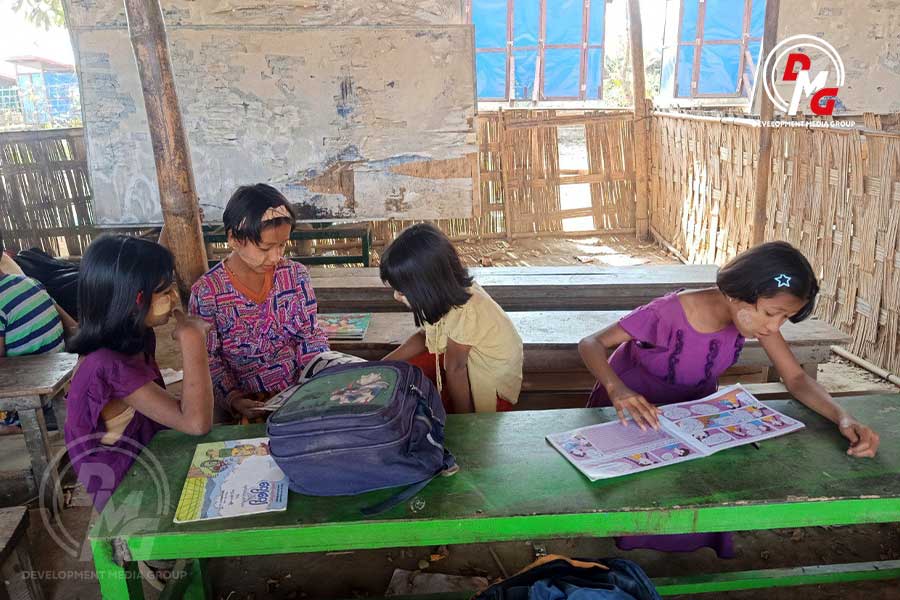- Fierce fighting breaks out near junta’s No. 344 Artillery Regiment in Yekyi Twsp
- Indigenous communities in Chittagong Hill Tracts struggle amid ARSA threats
- Weekly Highlights from Arakan (Feb 16 to 22, 2026)
- Hindus struggle with livelihood hardships amid job shortages in Arakan State
- Equipment from Chinese-owned VPower plant in Kyaukphyu to be fully relocated amid growing conflict
Ethnic groups call on next government to suspend national land law reform efforts
Sixteen development organisations and ethnic farmers groups have called on the incoming government to suspend national land law reform efforts, saying the existing “central and unitary Constitution by nature contradicts customary land management systems and ignores ethnic federal demands.”
28 Jan 2021

Nyan Hein | DMG
28 January 2021, Sittwe
Sixteen development organisations and ethnic farmers groups have called on the incoming government to suspend national land law reform efforts, saying the existing “central and unitary Constitution by nature contradicts customary land management systems and ignores ethnic federal demands.”
“Formalising yet another unitary and centralised land law that contradicts community practices and disregards federal demands of ethnic peoples rubs even more salt in our wounds, and fuels conflict,” said U Aung Latt, spokesperson of the Federal Ethnic Farmer Network.
Farming communities continue to suffer displacement and land confiscation following previous changes to Myanmar’s land laws including enactment of an amended Vacant, Fallow and Virgin Land Management Law in 2018, said the 16 groups’ January 27 joint statement.
The statement noted that the legislation also threatens fines or imprisonment for using lands deemed vacant, fallow, or virgin — some 50 million acres’ worth of land that comprises about one-third of the country’s total and is found mostly in ethnic minority regions.
The National League for Democracy (NLD) secured a second five-year term with its landslide election victory in November, and prior to that had laid out a work plan for the drafting of a new national land law, aiming to develop it by mid-2022.
But the groups opposed on Wednesday said the process should not move forward until it could offer “a bottom-up governance approach and the right of farmers to choose between individual and community/customary land titles” that would allow for customary land management systems, as well as devolving ownership, control and management powers over natural resources and land.
“While the NLD and other political parties, CSOs [civil society organisations] and farmers are urging to build a federal Union, the new government should stop investments that could damage the lands of ethnic people and seize the opportunity to build trust with the ethnic people,” said Nai Sawor Mon, a spokesperson for the Federal Ethnic Farmer Network. “The new government needs to undertake decentralisation. And it should implement a peace process that includes all groups.”

















.jpg)